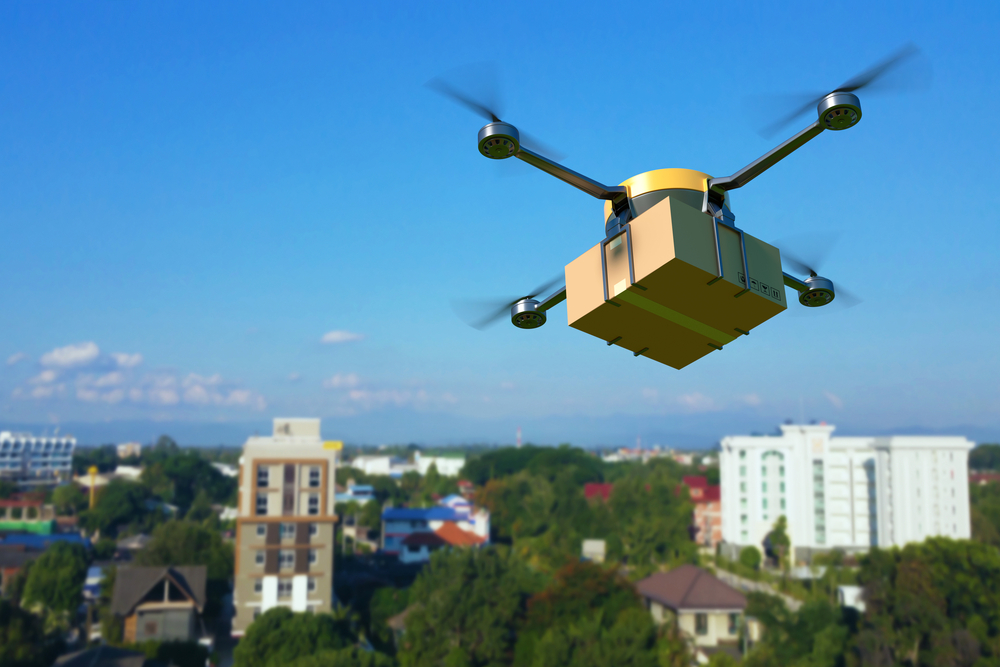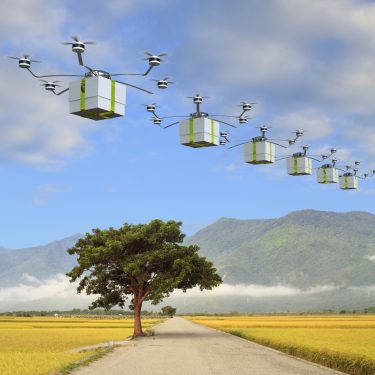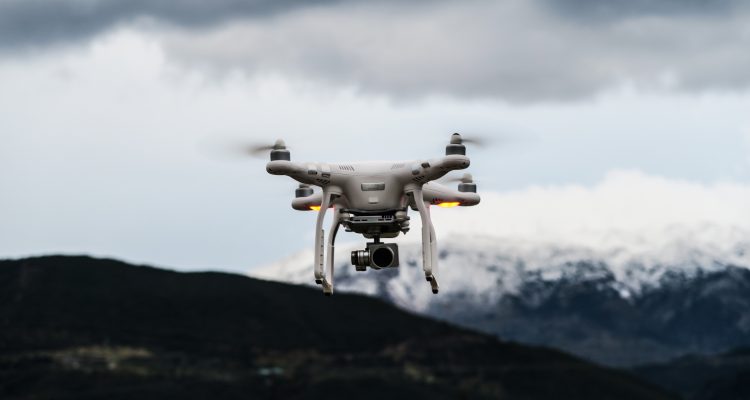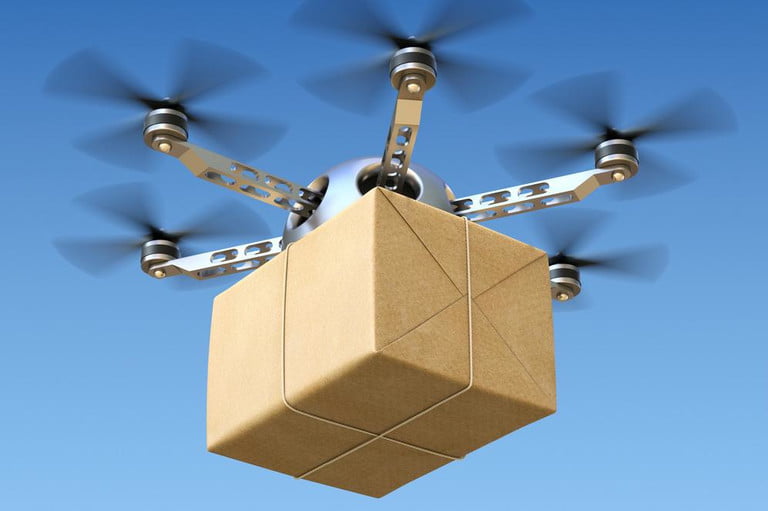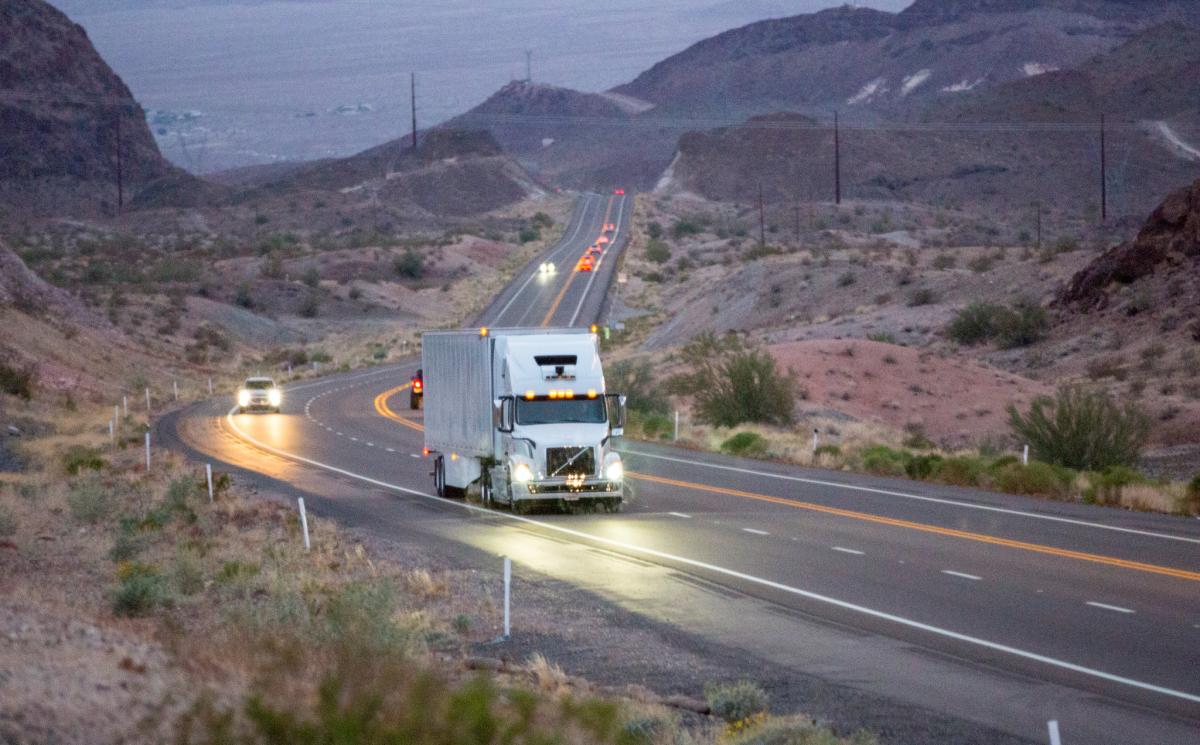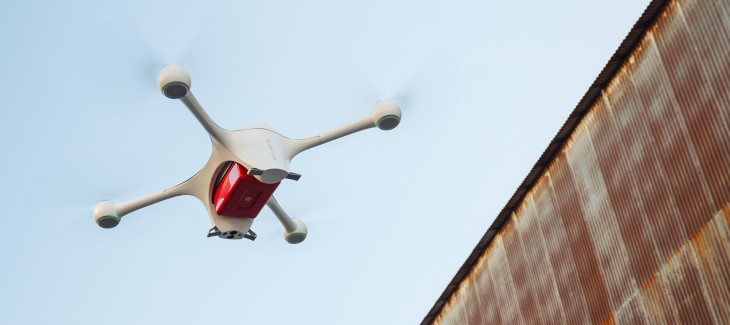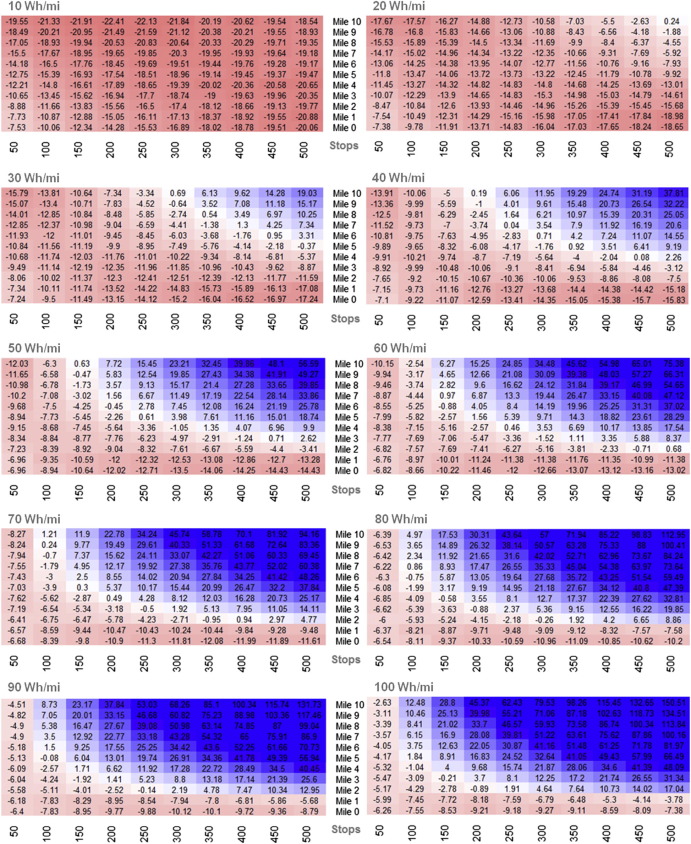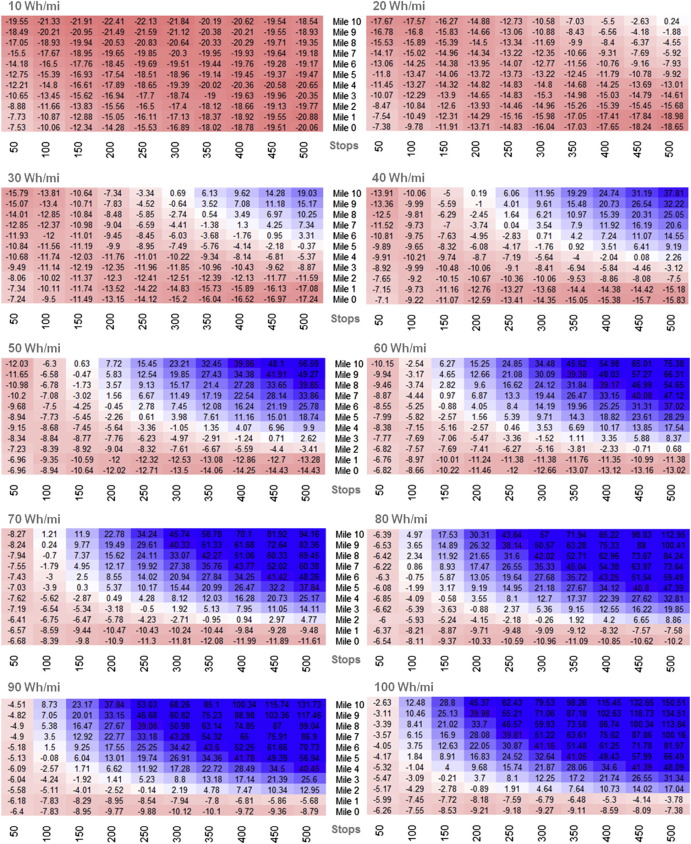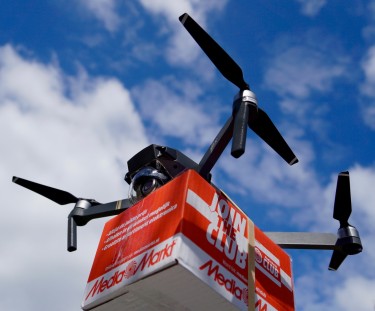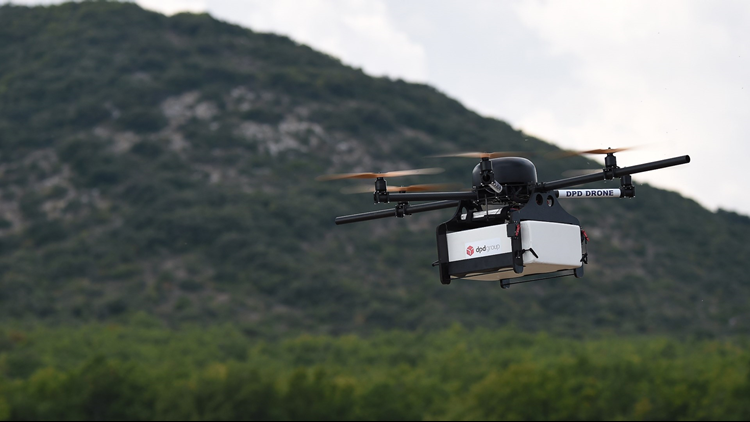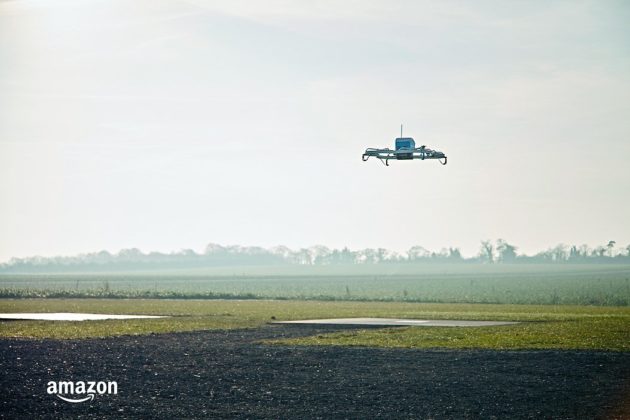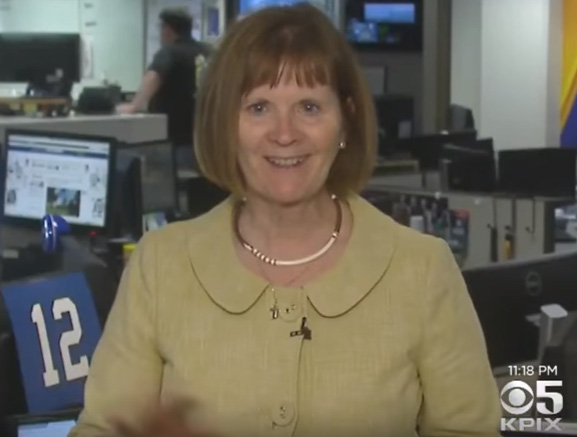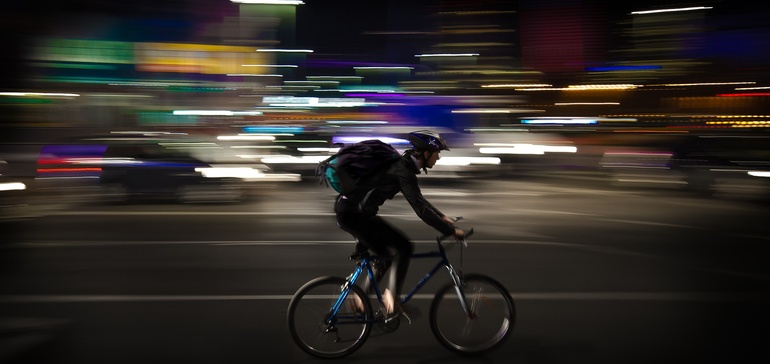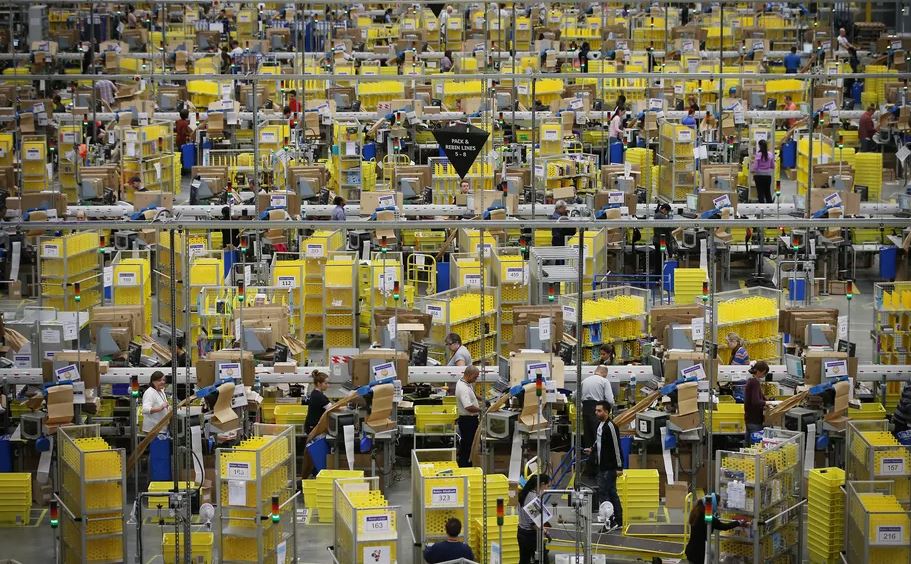In the Media
June 1, 2017 //
Drones emit less carbon dioxide than trucks when they don’t have to go very far for delivery or when there are fewer recipients, or both, University of Washington engineers have found.
June 1, 2017 //
"Flight is so much more energy-intensive — getting yourself airborne takes a huge amount of effort," says senior author Anne Goodchild, a professor of civil and environmental engineering at UW. "So I initially thought there was no way drones could compete with trucks on carbon dioxide emissions. In the end, I was amazed at how energy-efficient drones are in some contexts. Trucks compete better on heavier loads, but for really light packages, drones are awesome."
May 31, 2017 //
A new University of Washington study has revealed that making deliveries with drones is better for the environment than using trucks.
May 31, 2017 //
In a new study carried out by transportation engineers at the University of Washington, researchers compared the carbon dioxide emissions of delivery drones against trucks when both were being used to deliver packages. Which is better for the environment? The answer is different than what you might expect.
May 31, 2017 //
Delivering packages with drones can reduce carbon dioxide emissions in certain circumstances as compared to truck deliveries, a new study from University of Washington transportation engineers finds.
May 31, 2017 //
A new study from University of Washington researchers indicates that drone delivery may indeed lead to a lower carbon footprint — if it’s done properly. “I was amazed at how energy-efficient drones are in some contexts,” said Anne Goodchild, who led the research.
May 30, 2017 //
Delivering packages with drones can reduce carbon dioxide emissions in certain circumstances as compared to truck deliveries, a new study from the Urban Freight Lab finds.
May 30, 2017 //
Delivering packages with drones can reduce carbon dioxide emissions in certain circumstances as compared to truck deliveries, a new study from University of Washington transportation engineers finds.
May 30, 2017 //
Delivering packages with drones can reduce carbon dioxide emissions in certain circumstances as compared to truck deliveries, a new study from University of Washington transportation engineers finds.
May 30, 2017 //
University of Washington researchers have found that delivering packages with drones can help reduce carbon emissions in comparison to delivery by truck.
May 30, 2017 //
“Trucks compete better on heavier loads, but for really light packages, drones are awesome,” said author Anne Goodchild.
May 23, 2017 //
Barb Ivanov talks with CBS about the ease of online ordering and the goals of the Urban Freight Lab to reduce freight congestion.
May 22, 2017 //
Created in 2016, the Urban Freight Lab is looking into “high-impact, low-cost solutions for businesses delivering goods in urban settings and cities trying to manage limited curb and parking space where delivery trucks, bicycles, pedestrians and cars all need to coexist.” They’ll be testing solutions like centralized drop-off lockers, and improved management of alleys and curb space, both in simulations and the real world.
May 8, 2017 //
The City of Seattle's Freight Master Plan and the SCTL Urban Freight Lab's research are identified as potential policy solutions for urban freight congestion.
May 2, 2017 //
It begins with boxes. For most people who order goods from Amazon interactions with the Seattle e-commerce giant start with a search and a click, and end with a delivery. SCTL Center Founding Director Anne Goodchild discusses the Urban Freight Lab and the importance of factoring in freight delivery congestion in city planning.
